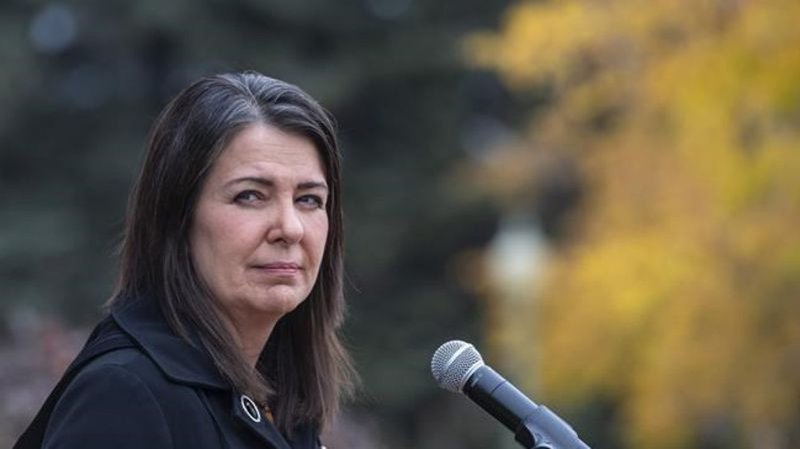
‘Money for free’: Critics warn proposed Alberta well cleanup plan a royalty giveaway
EDMONTON — Critics fear Alberta’s new United Conservative premier is preparing to bring in a program that would use billions of dollars in taxpayer-funded royalty breaks to subsidize energy companies to fulfil their legal duty and clean up old wells.
The so-called RStar proposal, developed by an industry group, has been criticized by legal experts, energy economists and the province’s own internal analysts.
But for more than a year, Danielle Smith and newly appointed members of her cabinet have been outspoken advocates of the plan, which would enable companies to use reclamation spending to gain credits against royalty payments.
“I love it,” Smith said on a 2021 YouTube broadcast, when she was a lobbyist for the pro-business Alberta Enterprise Group. She also wrote a supportive letter that July as group president to then-energy minister Sonya Savage.
